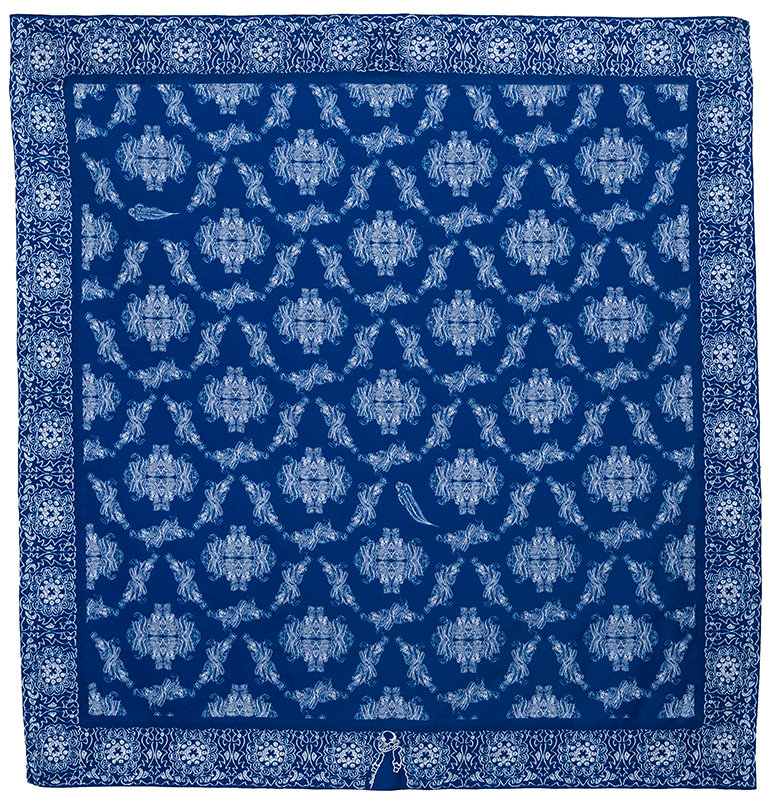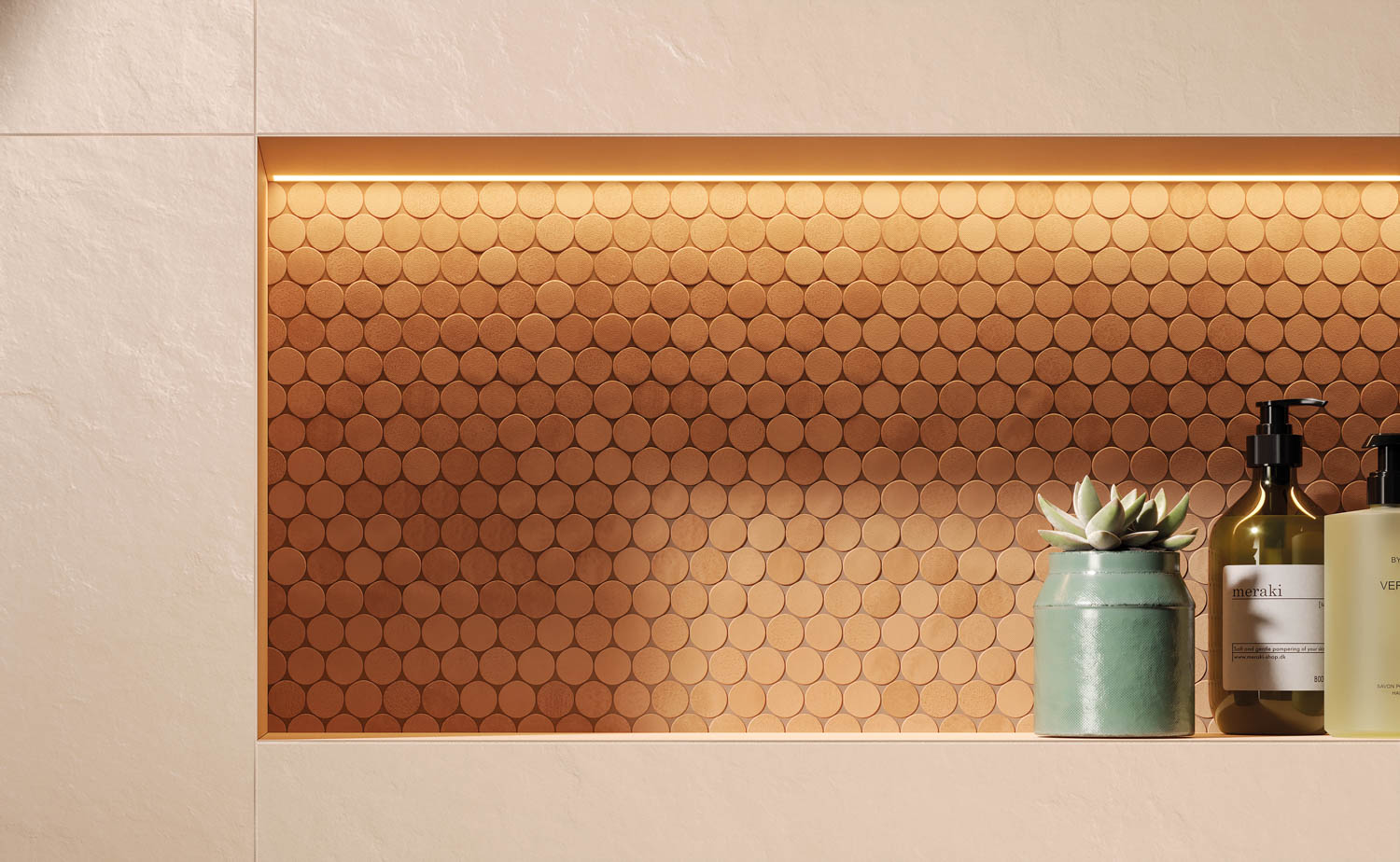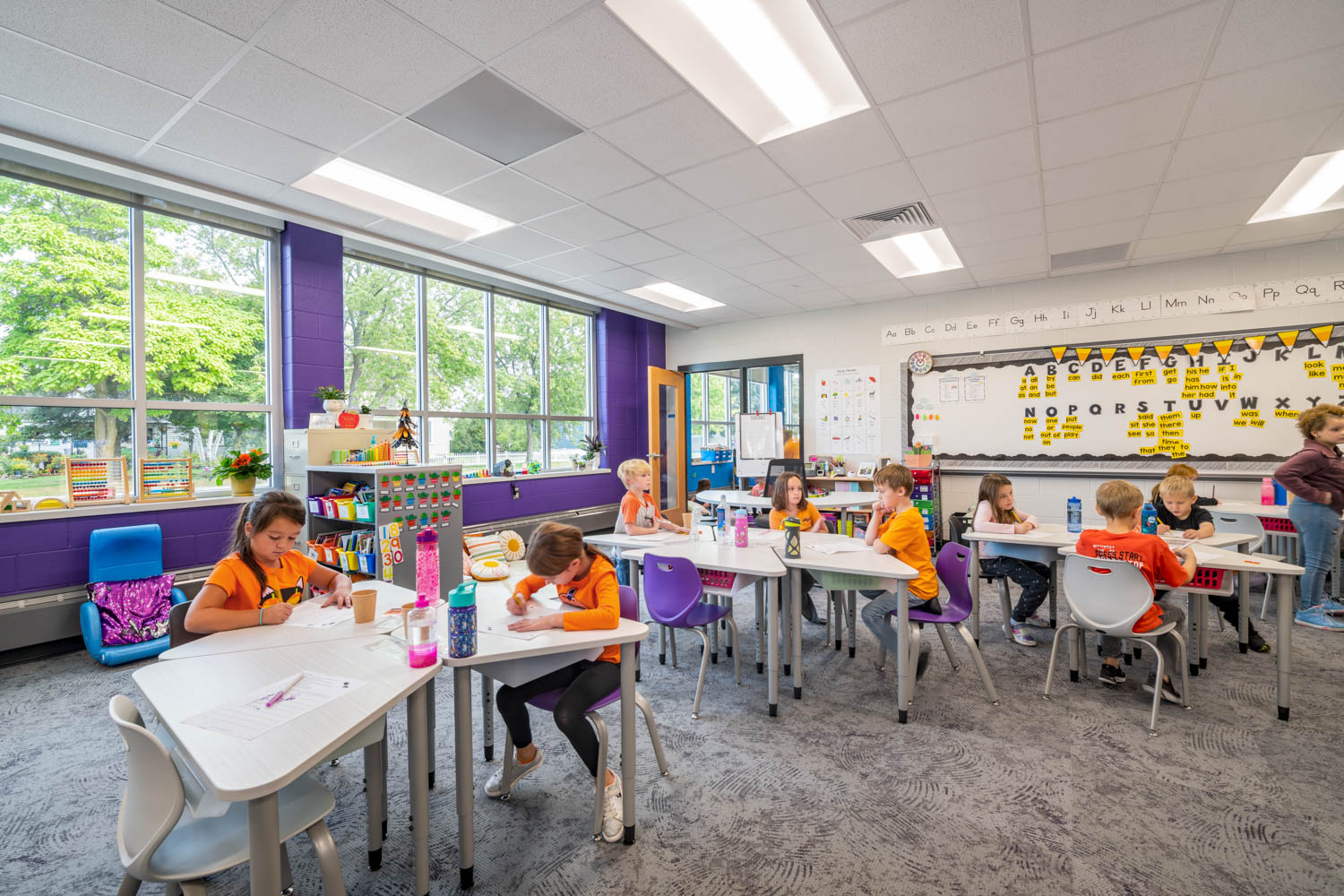Annet Couwenberg Translates Fiber Sculptures Onto Dutch Damask

The Baltimore-Rotterdam Sister City Committee was established in 1985 to promote friendship between citizens of the U.S. and Netherlands locales. Who knew? That’s partly why Dutch fiber artist Annet Couwenberg felt at home when she came to teach at the Maryland Institute College of Art nearly 20 years ago. Today, “Annet Couwenberg: From Digital to Damask” is at the Baltimore Museum of Art.

“As a child in Rotterdam, I’d sit in our living room observing my mother and relatives, their hands rhythmically stitching during their weekly sewing sessions,” she recalls. “Coming to the U.S. as an adult, my work is marked by the cultural traditions of my heritage.” The pieces in her show also reflect her foray into digital technology. A CNC router and a laser cutter were used to form polyethylene and buckram into shapes inspired by explorations of fish fossils done during her Smithsonian Artist Research Fellowship. Couwenberg then used the shapes to pattern woven cotton-polyester like 17th-century Dutch damask.



> See more from the July 2017 issue of Interior Design


